The United State Supreme Court’s decision to overturn the Roe v. Wade decision that recognised a constitutional right to abortion has splashed Australian headlines – and with good reason.
While this major legal turn-around may have happened on the other side of the world, it shows just how much we must continue to stand by each other to face threats to our rights.
In a huge sign of solidarity, union members took to the streets across the country last Saturday to protest the overturn of abortion rights in the United States.
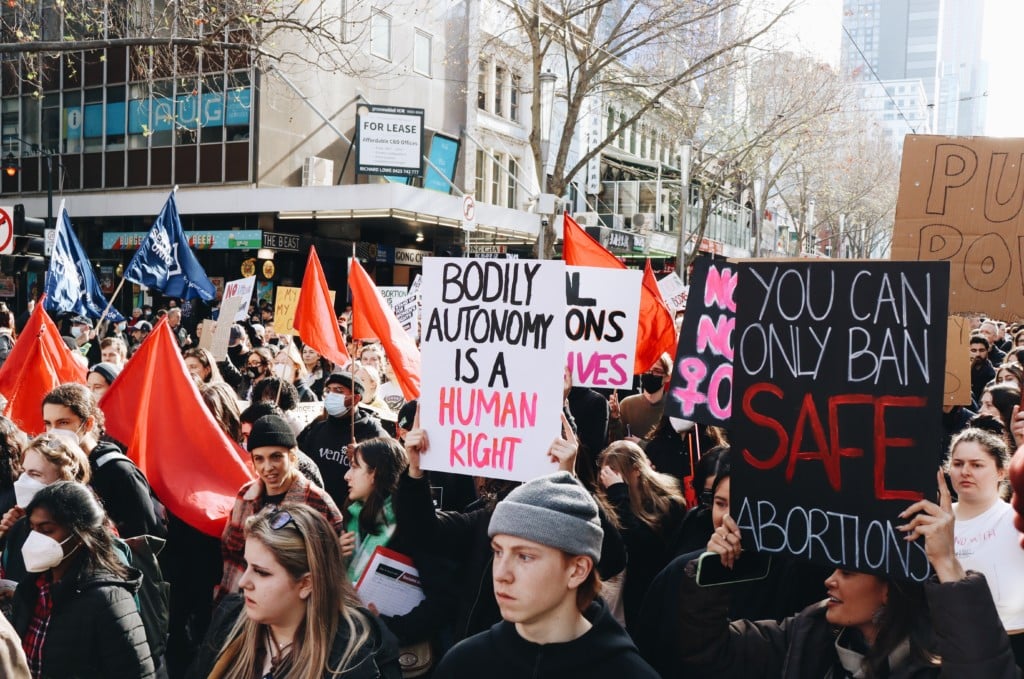
Victorian Trades Hall Council assistant secretary Wil Stracke spoke to crowds in Melbourne. She noted that even if abortion is no longer a crime in most parts of Australia, there are still threats to abortion rights.
“There are politicians now who are applauding what happened in the US. We need to send them a message that says, ‘We will rise up and fight you if you try and do that here,’” Stracke said.
As working women and pregnant people in the United States take to the streets in outrage, Australian workers can see clearly how important it is to understand our own rights and ensure they remain protected.
What are your work rights if you need an abortion?
If you need to take time off work to have an abortion, you don’t need to share why with your employer if you don’t feel comfortable to do so.
This right to privacy does not change, regardless of whether you’re taking paid or unpaid leave.
The same goes if you’re taking a sick day while recovering from an abortion operation. Your employer has no right to ask for further medical details and you are not obliged to provide reasoning.
It is important to note that abortion laws vary depending on which state or territory you live in. Since South Australia moved to decriminalise abortion this year, abortion is now decriminalised across all Australian states and territories except Western Australia.
Union members act today to change tomorrow
The American Federation of Labor and Congress of Industrial Organizations (AFL-CIO) have made clear that the Supreme Court decision to overturn Roe v. Wade has forced low-income women and gender diverse people into harmful positions.
AFL-CIO President Liz Schuler highlighted the importance of workers having control over their own bodies and health.
“At a time when we should be focused on expanding equity for all working people, particularly for marginalized communities disproportionately impacted by the pandemic, this ruling will only deepen racial and economic disparities,” she said.
“No one should be forced into financial insecurity because they have been denied reproductive health care.”
Workers in unions have a long history of supporting the right to abortion. In 1981 the Australian Council of Trade Unions supported the “right to free, safe and legal abortion”. At the time, only South Australia had legislated for the lawful medical termination of pregnancy.
Wil Stracke spoke to protesters about why abortion rights were so close to heart for union members.
“The average trade unionist today is a woman. She works in a caring profession. She works supporting or educating others. Or she works in retail and hospitality. And her rights are workers’ rights. And workers’ rights are union business,” Stracke said.
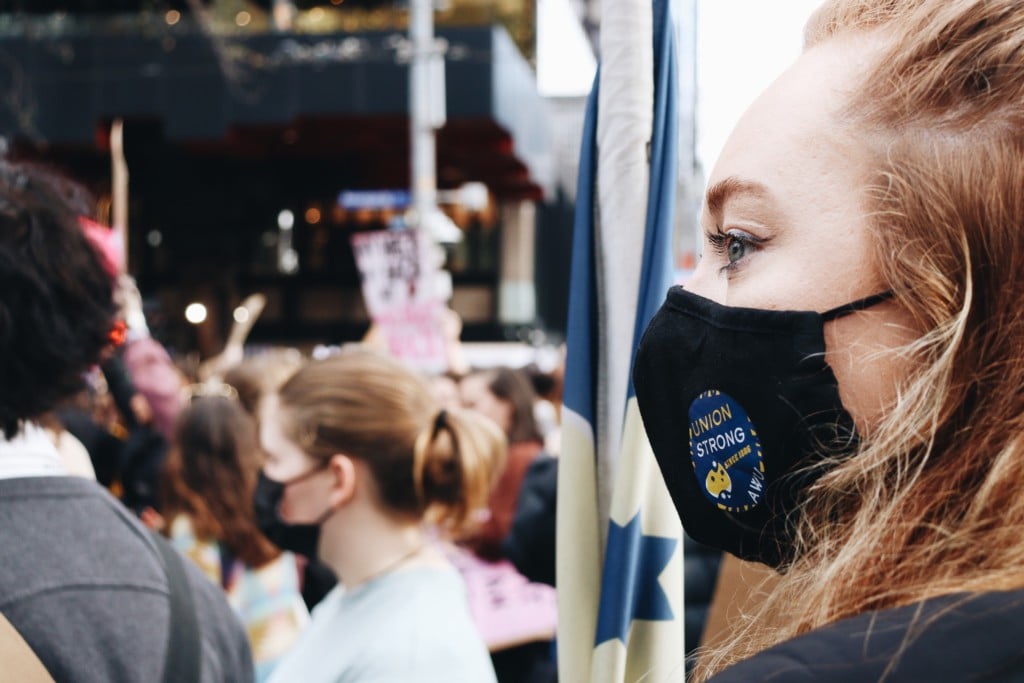
Working women have been at the core of the Australian union movement for decades. Whether it has been paid family and domestic violence leave, safe workplaces for all women, or paid parental leave, workers in unions have ensured we continue to make progress for working women.
This collective action has been part of a larger campaign that has seen union members achieve wins for working women and gender diverse workers for decades. And we certainly won’t be stopping anything soon.
The Australian union movement has always treated workers as people first. That’s why union members stand together for better workplace conditions and a better society for all. Always.

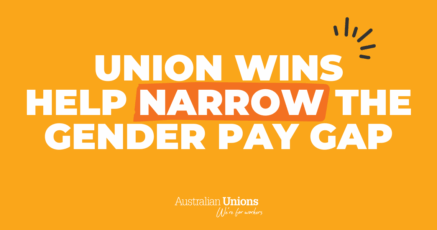
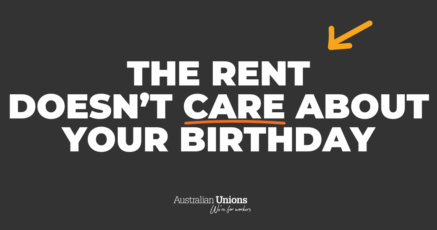

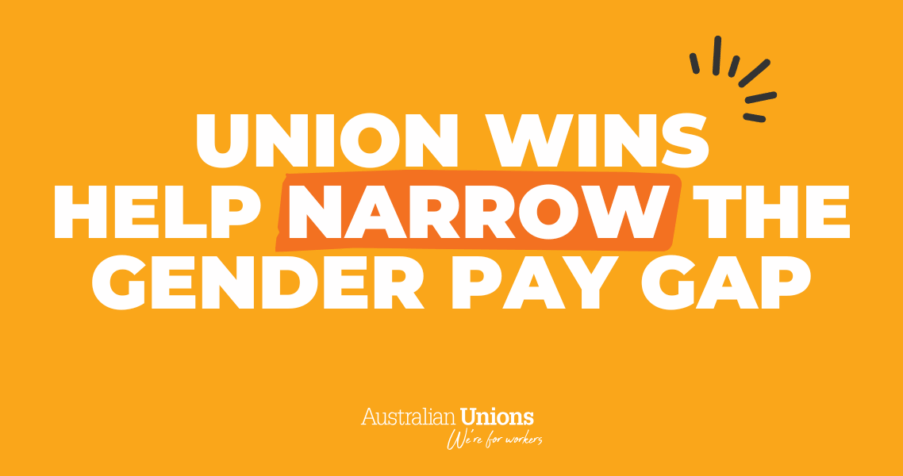

SHARE:
We can never take workers’ rights for granted: Here’s what the Roe v Wade decision could mean for you